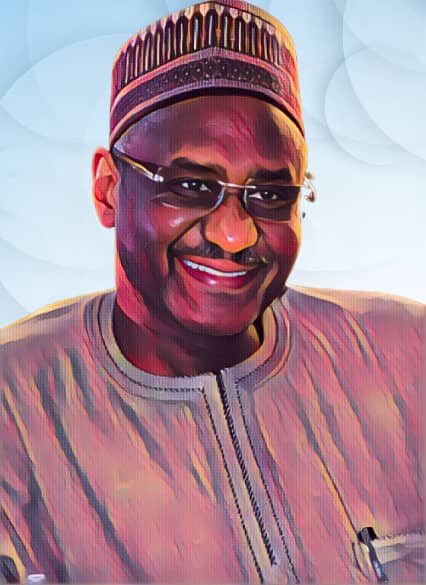Key Points
- Former NHIS Executive Secretary Usman Yusuf pleaded not guilty to a five-count charge of alleged fraud brought by the EFCC.
- The court ordered Yusuf to be remanded in Kuje Correctional Centre pending the hearing of his bail application, with the case adjourned to February 12, 2025.
- Yusuf is accused of abusing his office for personal gain and awarding contracts without due process during his tenure from 2016 to 2017.
The Economic and Financial Crimes Commission (EFCC) has arraigned Usman Yusuf, a former Executive Secretary of the National Health Insurance Scheme, NHIS, on a five-count amended charge bordering on alleged fraud. The charges, which include accusations of using his office for personal gain and awarding contracts without due process, were read to Yusuf in court. The defendant pleaded not guilty to all charges, setting the stage for a protracted legal battle.
Following the arraignment, Yusuf’s counsel, O.I Habeeb, requested that his client be remanded in the custody of the EFCC pending the hearing of his bail application. However, Justice Chinyere Nwecheonwu, the trial judge, clarified that once a defendant is arraigned, they are no longer in the custody of the EFCC. She subsequently ordered that Yusuf be remanded in the Kuje Correctional Centre, Abuja, until his bail application is heard. The case has been adjourned to February 12, 2025, due to the court’s crowded schedule.
Allegations of Abuse of Office
The EFCC alleges that Yusuf, during his tenure as NHIS Executive Secretary between 2016 and 2017, used his position to confer undue advantages on himself. The anti-graft agency claims that he manipulated his office for personal gain, violating public trust and ethical standards. Additionally, he is accused of awarding contracts without following the due procurement process, raising concerns about transparency and accountability in public office.
This case is part of the EFCC’s broader efforts to combat corruption and ensure accountability in public office. The NHIS, a critical agency responsible for providing health insurance to Nigerians, has faced numerous allegations of mismanagement and corruption over the years. Yusuf’s trial is seen as a litmus test for the EFCC’s commitment to holding high-profile individuals accountable for their actions.
With the case adjourned to 2025, Yusuf’s trial is expected to be a lengthy process, reflecting the complexities of prosecuting corruption cases in Nigeria. Legal experts have noted that such delays often undermine public confidence in the judicial system. However, the EFCC has reiterated its determination to see the case through, emphasizing the importance of due process and the rule of law.



